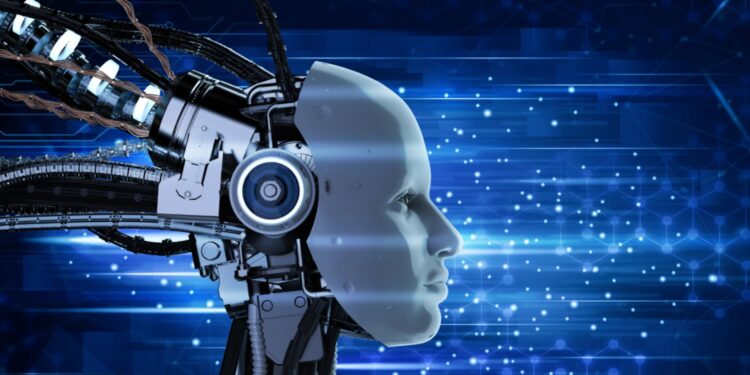Content A recent viral post in professional forums has ignited a hot debate in the tech community challenging the popular view that Artificial Intelligence (AI) will imminently replace human engineers in droves.
The post, which is widely believed to have originated on professional forum TeamBlind, makes a particularly ballsy assertion: “AI isn’t taking your job, management is,” essentially stating that AI panic is the corporate world’s way of scapegoating job loss and efficiency for the good of the company.
The submission, which is anonymous, challenges that claim, saying that while AI you might use today is “nice for what it is,” it’s still prone to major mistakes and struggles with complexity that goes beyond shallow patterns it can grasp.
It points up that we can expect ever-greater demands that engineers will need to manage AI-assisted workflows, displacing them – but not wholly. This commoditized-process-focused view is shared by many who see the last few years of tech layoffs (often in the name of AI integration) as not really about AI, but about a broader round of cost cutting and right-sizing.
But the viral claim has received equally forceful pushback. Some commenters argue that AI tools are, in fact, raising the productivity of developers quite drastically , meaning that perhaps we needn’t hire as many human engineers to produce the same output.
They cite the trend toward “force multipliers” in which experienced engineers can now do with the help of AI what formerly took larger teams to achieve. This, they say, will only mean more competition in the job market and potentially affect salaries and the number of jobs available, especially at the junior level.
The discussion also covers shifts in what’s a “hot job” in the engineering space. So while AI is good at automation, and data analysis, and even writing code snippets, you always need a human engineer to creatively solve problems, to interpret complex business requirements, to make ethical decisions, and to deal with unexpected turns in software development.
The future, experts say, is in a working model in which engineers and AI work together, their responsibilities divided between them, with engineers concentrating on the tasks which AI cannot handle due, but which require human creativity and critical thinking.
Recent news from top tech giants such as Microsoft, where software engineers were laid off at a mass scale despite heavy AI integration, further feeds the conversation. Some engineers were asked to use AI tools more, then laid off soon after, and there are fears engineers could literally train their own replacements.
Finally, the viral post and the discussion that followed reflect a profound change in the engineering field. Full-on replacement of engineers by AI may not be around the corner just yet, but there’s no denying that what an engineer does is changing a very, very real sense.
Engineers in the new era will have to be adaptable, learn AI and machine learning skills, and focus on what AI cannot do well, like critical thinking, and solving complex problems where there is no prescribed, known, and discoverable path.










![Online Scam Cases Continue to Rise Despite Crackdowns on Foreign Fraud Networks [Myanmar] Online Scam Cases Continue to Rise Despite Crackdowns on Foreign Fraud Networks [Myanmar]](https://sumtrix.com/wp-content/uploads/2025/06/30-12-120x86.jpg)




